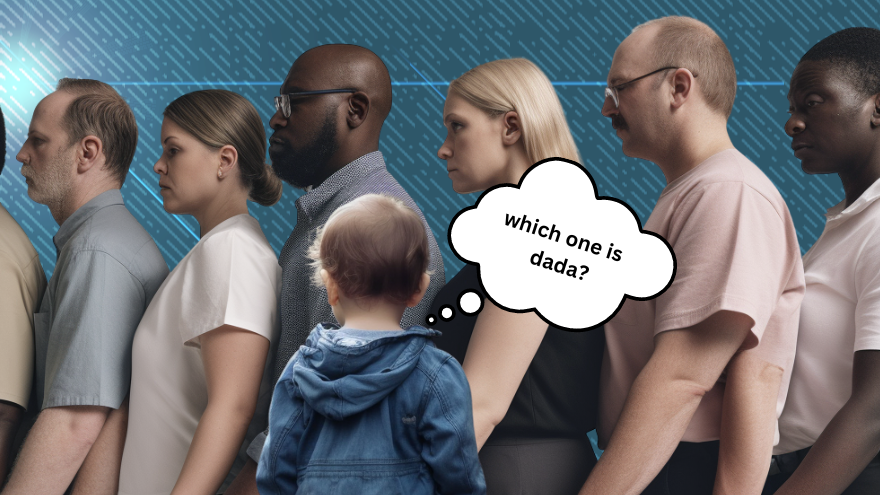A city in Massachusetts has adopted new protections for non-traditional families, including families with adults in polyamorous relationships.
Somerville now prohibits workplace discrimination and biased policing due to an individual relationship structure. The city’s ordinance expands on a pro-multi-partnership relationships policy adopted in 2020.
“For the longest time people in our community have lived in the shadows of the law in a lot of ways,” said Somerville City Councilor Willie Burnley Jr., who practices polyamory, per CBS News.
Burnley says polyamoury is “just a personal choice to say I’m not going to hold back my love for people just because I have a preexisting relationship.
“I want to be in connection with as many people who want to be in connection with me,” he said.
Somerville has developed a reputation as a sanctuary for individuals engaged in multiple-partner relationships, sometimes identified as consensual nonmonogamy. In 2020, the city became one of the first municipalities in the nation to pass an ordinance recognizing polyamorous relationships as an eligible form of domestic partnership.
Somerville City Councilor Lance Davis told NBC Boston that the COVID-19 pandemic brought attention to the limitations experienced by polyamorous couples who lacked a legally recognized marital status.
“They were having a hard time visiting their loved ones in the hospital, you know they weren’t married,” said Davis. He said the domestic partnership ordinance “validates their existence” and “validates the way they love.”
“When the government has tried to define what is and not a family, we’ve done a really poor job at in the past, we’ve had a bad record of doing that. So, I didn’t have a good reason why we ought to do it here,” Davis said.
While a polygamist relationship involves one person who has multiple spouses, anyone in a polyamorous relationship can have multiple partners.
“Polyamory is usually not related to a religion and is unrelated to marriage, although some polyamorous people are married or have participated in commitment ceremonies with their partners,” notes the wedding publication Brides. “Usually, all parties involved know about the other partners and choose to be in those relationships. While polygamists are typically heterosexual, many sexualities can come together in a polyamorous relationship.”
In 2018, The Quartz reported that polyamoury is a “quietly revolutionary political movement.”
The outlet reported:
There are now some places in the US where polyamory has moved well into the mainstream. [Sociologist Dr. Elisabeth Sheff] says there are neighborhoods in Seattle where more and more polyamorists groups moved to be close to each other, and several polyamorists say they consider Washington state to be polyamory-friendly. … while they may not be organizing as a collective around specific issues, many polyamorists today believe the act of dating multiple people is inherently political, since monogamy, they note, is inextricably linked with both economics and politics.
While the number of adults in polyamorous relationships is not known, one survey conducted in 2014 reported 4%-5% of Americans said they were engaged in polyamory.
Two other Massachusetts towns – Cambridge and Arlington – adopted similar domestic partnership resolutions in March and April of 2021.
Alexander Chen, founding director of the Harvard Law School LGBTQ+ Advocacy Clinic, said new legal protections for non-monogamist couples allow people to care for their loved ones. Chen told Boston.com that a common “charge against liberals,” is that they “look to the state” for care solutions, while their conservative counterparts seek private solutions.
“If people want to take legal responsibility for each other, that’s a good thing,” he said.

